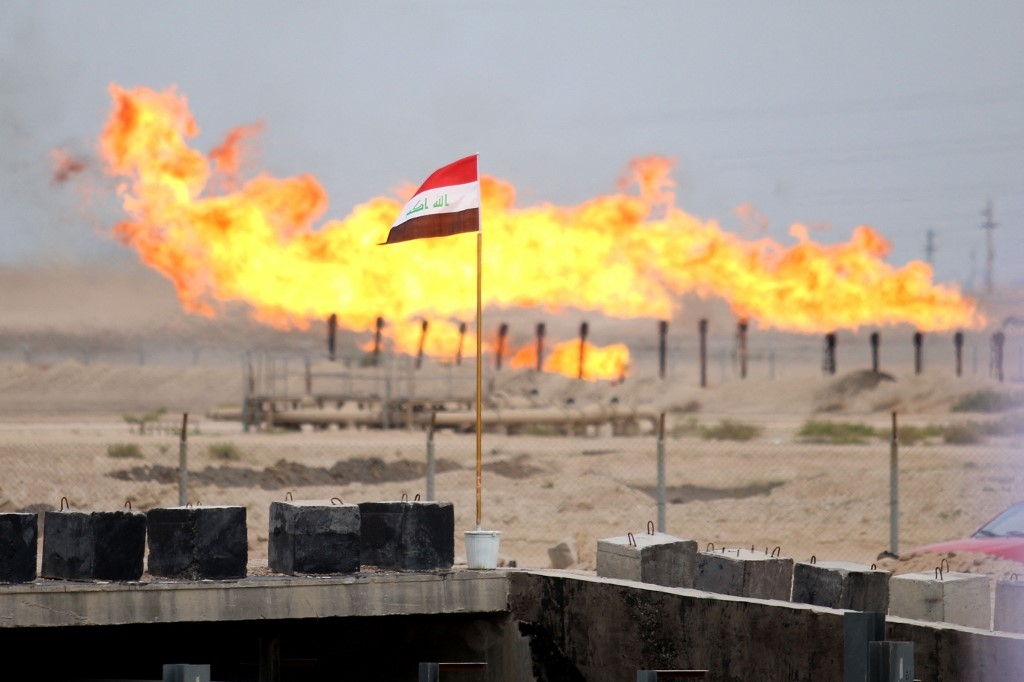Turkey appeals against arbitration ruling on Iraq and Kurdistan oil exports

Turkey has filed an application to the International Chamber of Commerce against Iraq to overturn an arbitration ruling which struck Ankara with a net $1.4bn in damages in relation to crude oil exports from the Kurdistan region, a senior Turkish official told journalists on Thursday.
“We are saying that we can have an amicable solution for this issue, but the Iraqi side continues to take legal action,” Alparslan Bayraktar, the Turkish energy minister, said. “But from the legal perspective, we need to control and we need to take care of our own interests. We will file in Paris court for a set-aside case.”
It isn't immediately clear whether Turkey is trying to cancel the whole ruling or is seeking a partial overturn.
In April, Iraq launched an enforcement action against Turkey at the US District Court for the District of Columbia to collect an award which claims Turkey had breached its contract by directly trading oil with the Kurdish Regional Government (KRG) between 2014 and 2018.
Turkey argued at the US court last week that Iraq should pay Ankara a net sum of $956m in damages after interest rate calculations on an arbitration ruling that initially granted a net sum of $1.4bn to Baghdad.
Stay informed with MEE's newsletters
Sign up to get the latest alerts, insights and analysis, starting with Turkey Unpacked
The ICC awarded $1.9bn to Iraq but also awarded more than $500m to Turkey for its counterclaims of low capacity at the pipeline and unpaid transportation fees going back to the 1990s. All awards are subject to pending interest rates.
The motion said Turkey has already sent a letter to Iraq, on 28 August, recalling the ICC decisions on interest, providing the calculations and demanding the prompt payment of $956m. Iraq had not responded to the letter, according to the motion.
After the ICC ruling, Ankara stopped the oil flow at the Iraq-Turkey pipeline, which produces about 0.5 percent of global supply. Ankara cited the need for repairs because of corrosion and damage following the devastating 6 February earthquakes that hit southern Turkey.
Bayraktar said Turkey had to put a force majeure in place because the earthquake affected the six provinces the pipeline passes through, adding that 40 days after the quake a flood damaged the domestic Turkish oil pipeline, causing spilling.
“It was a warning signal for us,” he said. "So we said, like, 'We need to check everything, we have already checked the Ceyhan facility for storage tanks and also loading operations, but we decided to check all the pipeline, 650 kilometres, two pipelines, all the way from [Iraq] to Ceyhan.”
Bayraktar added that an independent surveyor has been working on the inspections and is preparing a report to be used in the future if Iraq also sues Ankara for placing a force majeure on the oil flow.
Turkish and Iraqi officials had been negotiating a deal to end the stalemate.
Turkey wants Baghdad to withdraw a second ICC court case regarding the period after 2018, and find mutual ground to work out the award. Ankara also asked Iraq to find a payment system that could satisfy both the KRG and Baghdad.
Middle East Eye delivers independent and unrivalled coverage and analysis of the Middle East, North Africa and beyond. To learn more about republishing this content and the associated fees, please fill out this form. More about MEE can be found here.




